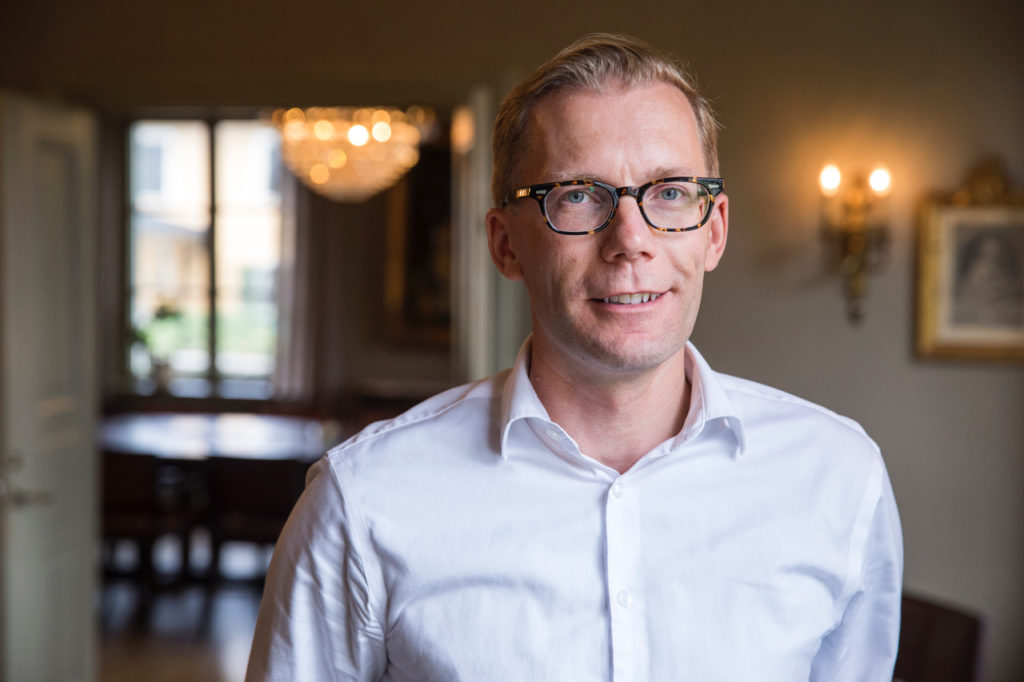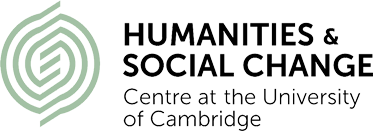
Photo credit: Niklas Björling/ Stockholm University
As part of our new series on expertise and COVID-19, Mike Kenny and Anna Alexandrova interview Professor Erik Angner of Stockholm University. Erik is a philosopher and an economist writing on behavioral economics, economists as experts, measurement of happiness and wellbeing, Hayek, and the nature of preferences among other topics. Recently he has commented on the need for epistemic humility and the uniqueness of the Swedish response to the pandemic. In the podcast we discuss cultures of expertise, contestation, politics of behavioral science, and the relation of all three to the current crisis:
Listen to the segment on comparative cultures of expertise in Sweden and the UK, starting from 1:54
Responsibilisation of experts and disagreement between them, starting from 8:00
Who gets included in powerful expert groups, who gets sidelined and epidemiology as the current queen of sciences, starting from 16:11
Trust in epistocracies and its fragility, starting from 23:30
Value judgments in expert advice and how to make them responsibly, starting from 26:10
Discomfort of uncertainty, starting from 31:50
Behavioral science, nudge politics, absence of social science in all this, starting from 41:45
Text by Anna Alexandrova (30/04/2020)
